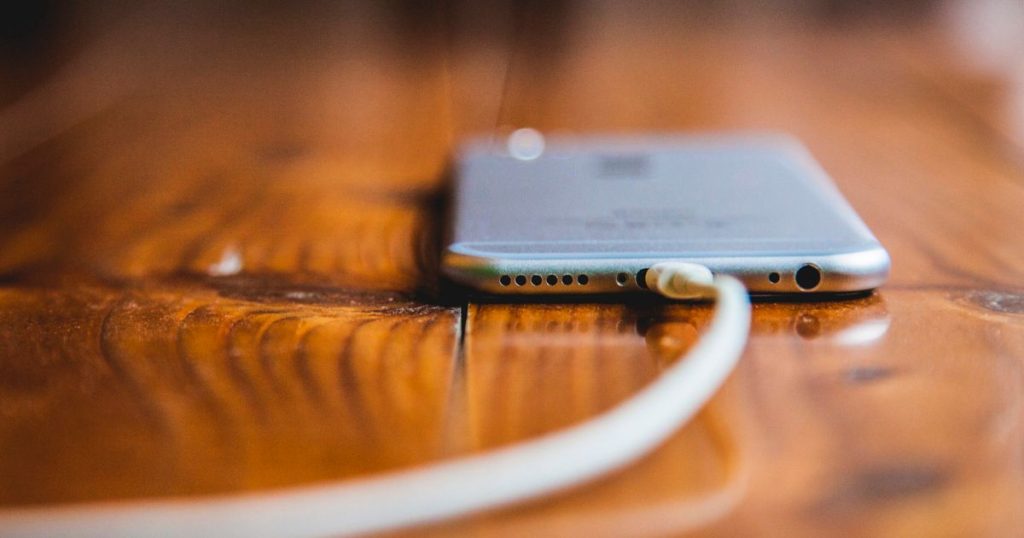The British government has stated that it is not “currently considering” replicating European Union plans for a common charging cable.
The EU has tentatively agreed that all new portable electronic devices must use a USB Type-C charger by autumn 2024, a move it claims will benefit consumers.
According to critics, it will stifle innovation.
According to EU and UK officials, the regulation would apply to Northern Ireland under the current post-Brexit arrangements.
The “new requirements may also apply to devices sold in Northern Ireland under the terms of the Northern Ireland protocol in the Brexit agreement, potentially triggering divergence of product standards with the rest of the UK,” according to a December 2021 parliamentary report.
The treaty works by keeping Northern Ireland in the EU’s single market for goods while leaving the rest of the UK out.
The UK and EU are still at odds over how to reform the Northern Ireland protocol.
“We are not currently considering replicating this requirement,” a UK government spokesperson said.
Apple products such as iPhones and iPads, as well as laptop computers, will be required to comply with the new regulation. Existing devices will not be affected.
After the summer recess, the agreement will be presented to the European Parliament and the Council of Ministers, where it will be formally approved and then published.
Apple is the most prominent manufacturer to use a custom charging port that is unique to some of its products – the iPhone series uses an Apple-designed Lightning connector.
According to the EU, the new rule will apply to a variety of “small and medium-sized portable electronics,” including:
1.mobile phones
2.tablets
3.headphones and headsets
4.handheld videogame consoles
5.portable speakers
Any of these devices that are charged via wired cable must have a USB Type-C port, regardless of who makes them.
